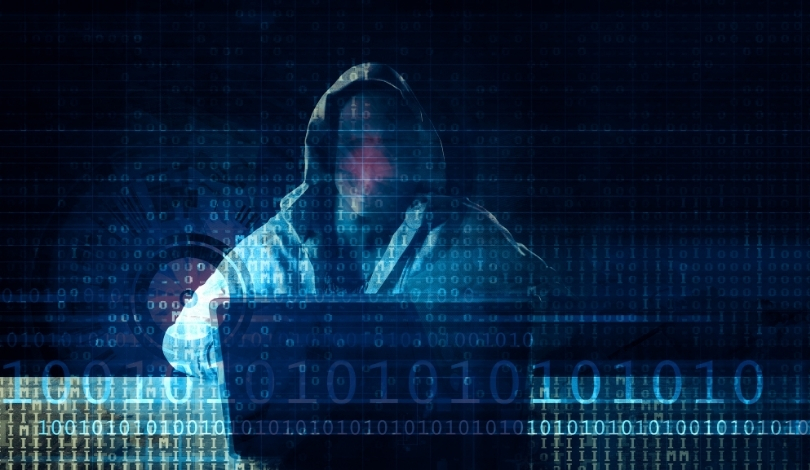In a decisive move targeting cybersecurity concerns, the United States has enacted a far-reaching prohibition on the sale and use of Kaspersky antivirus software, a product of the Russian company Kaspersky Lab. The measure, aimed at safeguarding U.S. national security, addresses longstanding fears over the company’s potential connections to the Kremlin and the associated risks to American infrastructure and personal information. Commerce Secretary Gina Raimondo highlighted the necessity of this action, citing Russia’s capabilities to exploit personal data.
Phased Implementation of Ban
Commerce Secretary Gina Raimondo announced the decision, which will be implemented in stages. Starting July 20, Kaspersky will no longer be able to enter into new agreements with U.S. entities. Subsequently, by September 29, the company will be barred from updating its software or operating its Kaspersky Security Network within the U.S.
This initiative is part of broader powers established during the Trump administration, which allow the U.S. government to restrict or ban transactions between American companies and firms from adversary nations such as Russia and China. This specific use of authority is based on a 2019 executive order concerning information and communications technology and services.
Extensive Restrictions
Besides the ban on software sales and updates, three Kaspersky entities—AO Kaspersky Lab, OOO Kaspersky Group in Russia, and Kaspersky Labs Limited in the U.K.—have been added to the Entity List. This designation further isolates Kaspersky from engaging in U.S. technology and services transactions. The restriction affects numerous U.S. clients, including critical sectors like telecommunications, power, and healthcare.
Kaspersky has acknowledged the decision, stating that while the sales of its products are banned, existing users can continue to use them until the prohibition on updates takes effect on September 29, 2024. The company intends to explore all legal avenues to sustain its operations in the U.S.
Broader Context and Previous Actions
The Commerce Department’s decision adds to a history of U.S. government actions against Kaspersky. In 2017, the Department of Homeland Security banned using Kaspersky’s primary antivirus product on federal networks, citing alleged connections to Russian intelligence. The current ban amplifies these restrictions to encompass all U.S. entities and individuals, urging them to transition to other cybersecurity solutions.
Raimondo emphasized the significance of this measure, underscoring Russia’s potential to misuse Kaspersky products for data exploitation. The announcement urges U.S. businesses and individuals to discontinue the use of Kaspersky software immediately to safeguard their data.
Kaspersky, headquartered in Moscow, has consistently refuted claims of connections to the Russian government, arguing that the decision is influenced by geopolitical tensions rather than a thorough evaluation of its products.
The ban on Kaspersky is a notable step in the U.S. government’s ongoing efforts to bolster national security and mitigate risks associated with foreign technology companies. This move underscores the importance of digital sovereignty in the face of potential cyber threats from adversarial nations.










